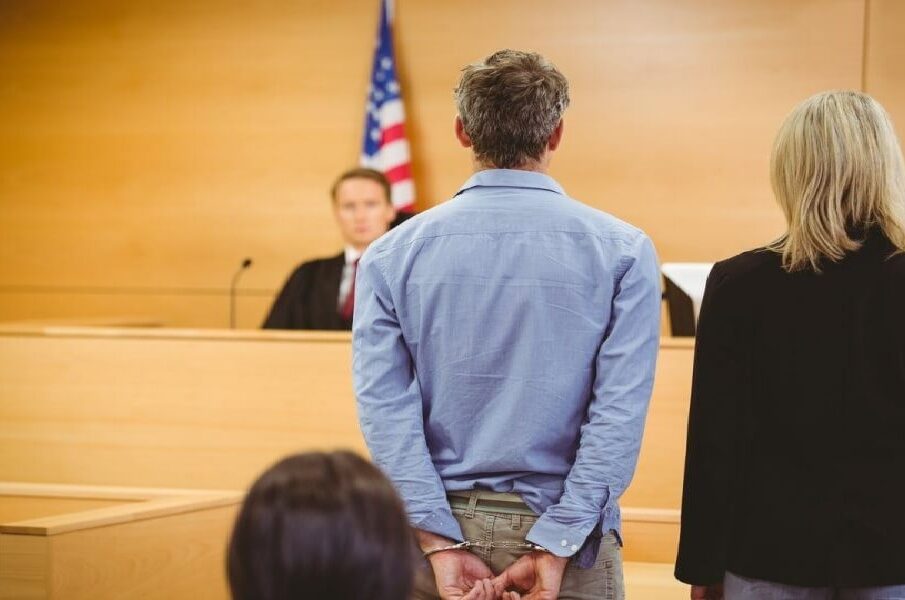Power of expert testimony in criminal defense trials

Expert testimony plays a significant role in criminal defense trials, bringing a wealth of specialized knowledge and expertise to support the defense’s case. By presenting scientific, technical, or professional opinions, expert witnesses provide critical insights, challenge the prosecution’s arguments, and help establish reasonable doubt. Expert witnesses have special knowledge, training, or experience in a particular area pertinent to the case. In criminal defense trials, expert witnesses include forensic experts, medical professionals, psychologists, DNA analysts, ballistics experts, and more. Defense lawyers rely on these experts to offer insights that go beyond the common understanding, providing evidence-based analysis and opinions that strengthen the defense’s arguments.
Expert witnesses provide valuable interpretation and context to complex evidence. Technical or scientific evidence, such as DNA analysis or forensic analysis, is explained by expert witnesses. Their findings are also explained in terms of limitations and significance. By breaking down complex concepts into understandable terms, expert witnesses help the judge and jury grasp the key points and make informed decisions. Expert witnesses also play a crucial role in challenging the prosecution’s expert witnesses. They scrutinize the methodology, procedures, and conclusions presented by the prosecution’s experts, providing counter-arguments and alternative explanations. By presenting conflicting opinions, expert witnesses create doubt and raise questions about the reliability and accuracy of the prosecution’s evidence.
Judges and juries use expert testimony to establish reasonable doubt. Expert witnesses offer alternative theories, interpretations, or explanations that cast doubt on the prosecution’s version of events. By presenting evidence and opinions that challenge the prosecution’s case, expert witnesses contribute to creating reasonable doubt about the defendant’s guilt, which is a fundamental requirement for acquittal. Expert witnesses humanize the defendant by providing insights into their mental state, behavior, or background. An expert witness may explain how factors such as trauma, addiction, or mental illness influenced the defendant’s behavior. By providing a comprehensive understanding of the defendant’s circumstances, expert testimony helps the judge and jury see the defendant as an individual with complexities and vulnerabilities.
Expert witnesses have the responsibility to educate the judge and jury on specialized topics related to the case. Their testimony allows non-experts to understand complex scientific, medical, or technical concepts crucial to hire a criminal lawyer in winnipeg. Providing judges and juries with a solid understanding of the evidence through the presentation of complex information, expert witnesses enable them to make informed decisions. Expert witnesses corroborate the defense’s theories, interpretations, or explanations with scientific evidence and professional opinions. A favorable conclusion is more likely with their testimony bolstering the defense’s version of events. The defense identifies strengths and weaknesses in the prosecution’s case and plans evidence presentation in collaboration with expert witnesses. Expert witnesses provide valuable guidance and insights based on their specialized knowledge, helping defense lawyers craft a compelling defense strategy tailored to the unique circumstances of the case.










